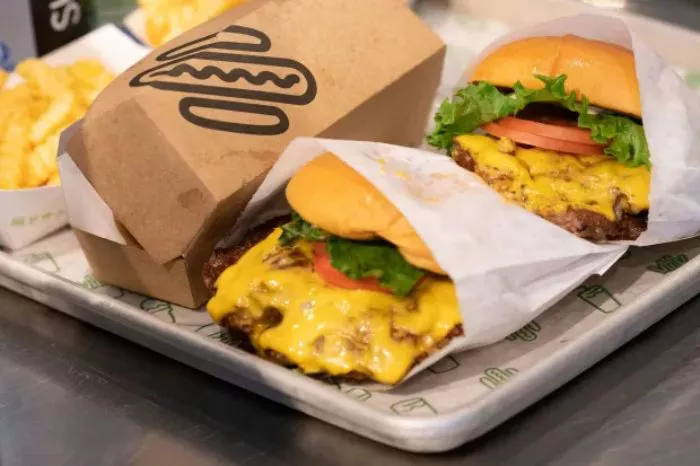Chick-fil-A recently made headlines by announcing a departure from antibiotic-free chicken, sparking concerns about the prevalence of antibiotics in fast-food meats. However, they’re not alone in this practice.
A report by the U.S. Public Interest Research Group revealed that several major chains, including Burger King” data-wpil-keyword-link=”linked”>Burger King, Starbucks, Olive Garden, and more, received failing grades for their antibiotic policies. Similarly, Taco Bell” data-wpil-keyword-link=”linked”>Taco Bell, Applebee’s, and IHOP earned disappointing marks in efforts to reduce antibiotic usage, according to assessments by the Natural Resources Defense Council.
In contrast, McDonald’s, Wendy’s, and Subway received moderate ratings, while Panera and Chipotle were lauded for their proactive approaches. Nevertheless, no chain earned a top rating, emphasizing the widespread issue.
The overuse of antibiotics in meat production contributes to the rise of antibiotic-resistant bacteria, posing significant public health risks recognized by organizations like the World Health Organization and the CDC. Each year, millions fall ill from foodborne illnesses, with antibiotic-resistant infections on the rise.
Fast-food giants wield considerable influence over meat producers and could catalyze positive change in antibiotic usage. While progress has been made, some chains lag in committing to responsible antibiotic practices in their beef supply chains. Wendy’s stands out for its pledge to end routine antibiotic use by 2030, contrasting with Chick-fil-A’s recent decision to shift back to antibiotics-important-to-human-medicine.
Chick-fil-A’s reversal underscores broader challenges in maintaining antibiotic-free standards. As consumers demand transparency and sustainability, the fast-food industry faces mounting pressure to prioritize responsible practices.

